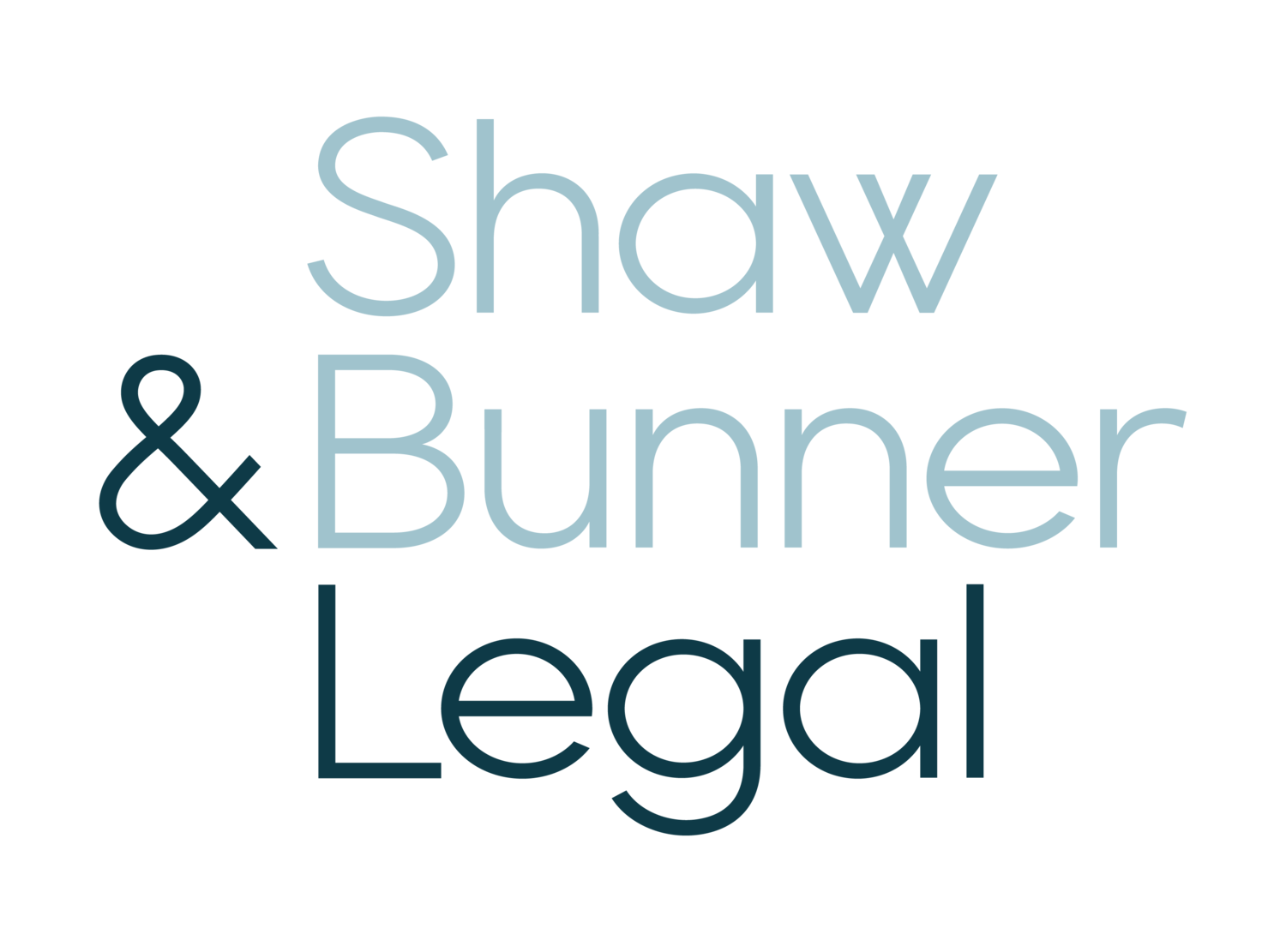What is a Redemption settlement in the coal mining workers compensation scheme?
Workers who are injured in the coal mining industry of New South Wales have quite distinct rights to claim for workers compensation entitlements. One of the key differences between the coal mining scheme and other workers is the ability for an injured worker to settle their claim on an overall basis. This type of settlement is known as a Redemption settlement.
Generally speaking, a redemption settlement may be suitable to a worker who has finished up in the coal mining industry and is in receipt of ongoing weekly payments from Coal Mines Insurance. The worker has the option of either remaining in the compensation system or negotiating an overall settlement with Coal Mines Insurance where the insurer essentially “buys out” the future compensation entitlements.
A redemption settlement may also be an option where there is a disputed claim with Coal Mines Insurance or in circumstances whereby a worker has retired and gives notice of a claim post-retirement.
There are a few key points to be aware of:-
An injured worker can never be forced to redeem their claim. A redemption agreement is a negotiated settlement whereby the worker elects to participate in the negotiations and to ultimately accept a redemption offer.
If an injured worker elects to settle their claim on a redemption basis, their entitlement to weekly compensation, medical expenses and to claim lump sum compensation for permanent impairment and pain and suffering ceases.
Whilst the settlement is an overall finalization of entitlements, there are two exceptions. An injured coal miner would still have limited rights with respect to disease of the lungs and industrial deafness claims.
If an injured worker settles their claim by way of redemption, they agree that they are not fit to seek work back in the coal mining industry of New South Wales. If they do seek work back in the industry, they must disclose the redemption settlement to any prospective employer and satisfy the requirements of a full functional pre-employment medical to demonstrate a fitness to return to working in the industry.
The lump sum settlement is tax free.
A redemption settlement must be approved by a Judge of the District Court of New South Wales. A formal application is made before a Judge and medical evidence is tendered to Court providing details of the injuries and ongoing incapacity. The worker is then sworn into the witness box and asked a series of questions regarding their personal circumstances and to ascertain that the worker understands the full and final nature of the settlement.
If the Judge is content that the worker understands the settlement and that the settlement amount is appropriate, the Judge will formally approve the redemption settlement. In some instances, a Judge will not approve a settlement if they have concerns.
If a redemption settlement is approved, all entitlements cease as at the date of the approval.
Depending on the individual circumstances, if an injured worker has been in receipt of weekly payments up to a redemption settlement, they will be precluded from claiming and receiving Centrelink benefits for a period of weeks from the settlement day. The number of weeks is dependent upon the settlement figure and a set formula is applied to calculate the preclusion period.
A number of factors need to be considered when weighing up whether a redemption settlement may be suitable for an injured worker. It is an important decision and not one that should be made without proper legal advice.
To find out more, get in touch with our team today for a no obligation discussion regarding your claim.

